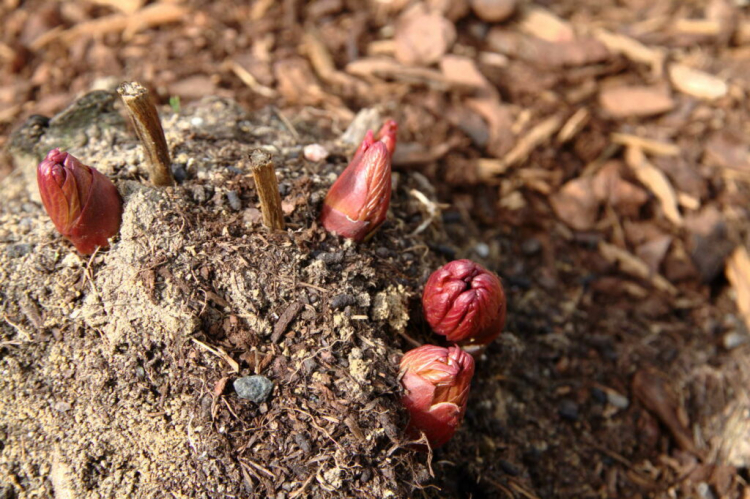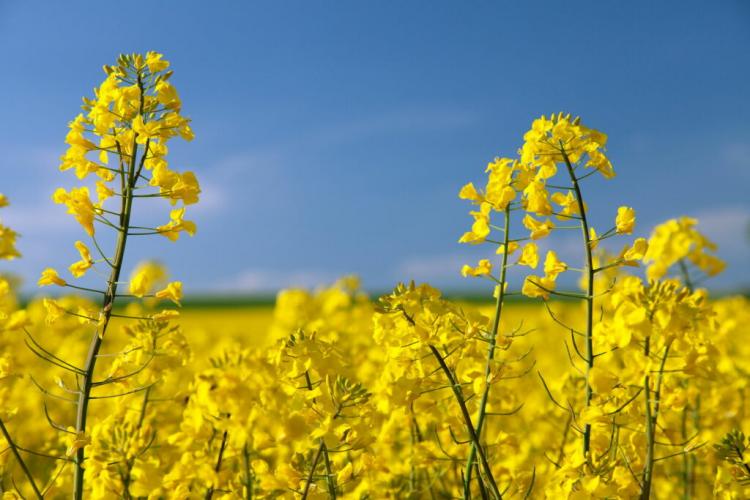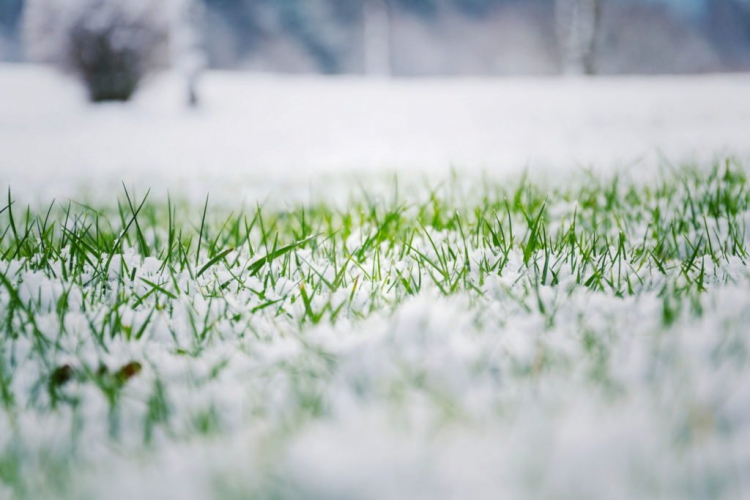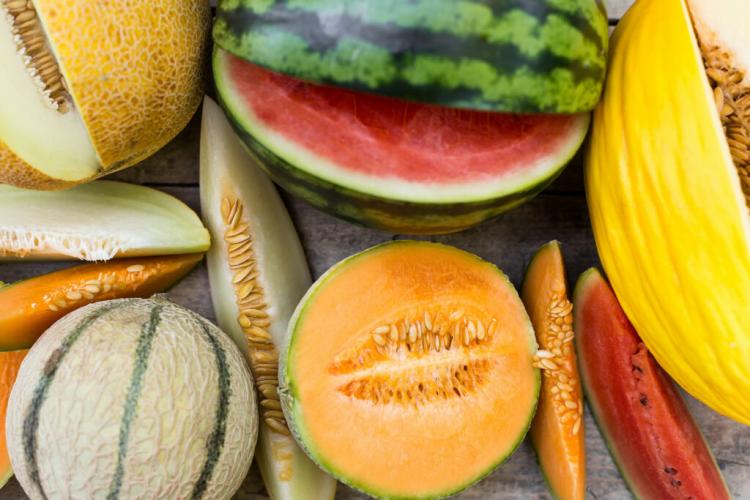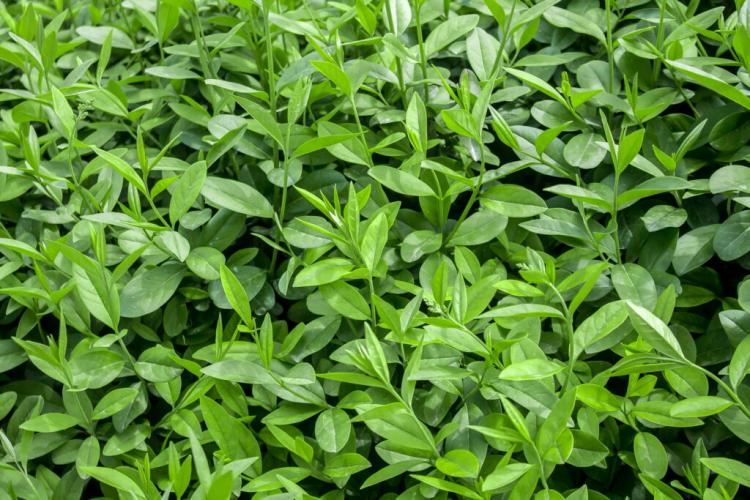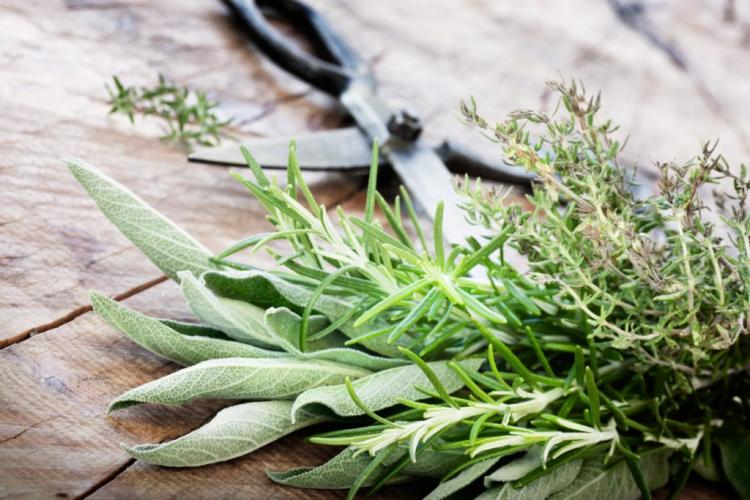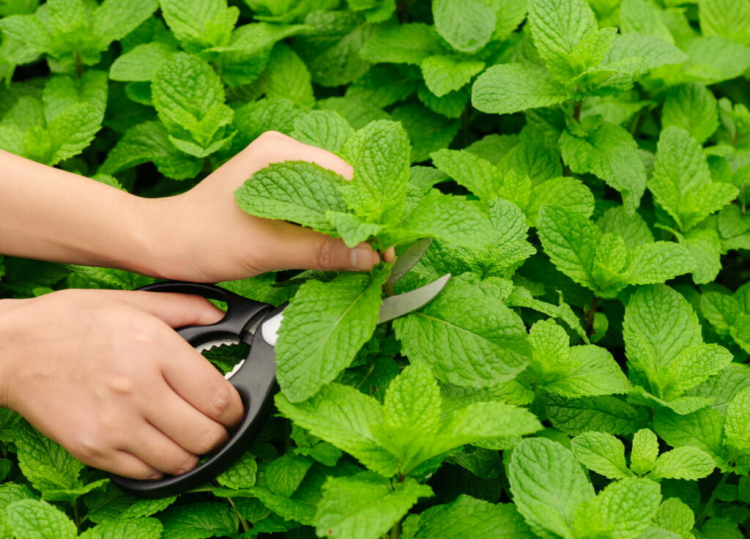How To Divide Peonies: Tips On Division, Cuttings And Sowing
You can’t really have enough peonies. Here you can find out what multiplication options are available for the dividing peonies. Peonies ( Paeonia ) can be found in many gardens and enchants with their flowers. When it comes to propagating the peonies, there are several options. One possible variant is vegetative propagation, such as dividing the rootstocks. Another variant is the propagation of the peonies by seeds, which is called generative propagation. In this article, we will introduce you to the various methods and give you instructions for successful implementation.
Propagating peonies: Divide into three steps
Table of Contents
The steps in the process of dividing peonies include digging, dividing, and planting. Depending on whether it is a herbaceous or a shrub peony, there are few but significant differences.
Divide the perennial peony
- Dig out
It is expressly recommended to take the plant nest completely out of the earth and not to divide it already in the ground. This would very likely affect and weaken the mother plant. When digging out the root system, care should be taken not to injure or even sever the roots – especially the long ones. Once the root ball has been excavated, the soil is removed from it with a garden hose so that a clear assessment can be made of where the parts that can be divided are. - division
The above-ground parts of the plant are now cut off and the roots are divided vertically with a sharp garden knife (Hippe). Each root section should have between three and five roots and the same number of buds. This operation can also be used wonderfully to remove diseased and dead root parts (black, brown, or rotten). - Planting the partial plants
The sections are planted under the same conditions as described in our special article on transplanting peonies.
Divide the shrub peonies
Note: Shrub peonies can only be divided if they have already detached themselves from their grafting base (lower grafting partner) and have built up their own roots, or if the plant has already been created through division. The specialty of the grafting of peonies is the type of nurse grafting. This means that the graft is only used temporarily for supply and that the still-young noble rice is initially supplied.
- Dig out
The process of digging is similar to that of the herbaceous peony, except that the size of the root ball can be significantly larger. Since it is still inadvisable to damage parts of the root, the procedure here should be treated with caution. Even strong pulling on the above-ground branches can be punished very easily because these – in contrast to the roots – are more brittle. If the root ball is out of the ground, it is also cleaned with the garden hose and diseased roots are removed. - division
The division can be done by hand, with a saw, a sharp spade, or a sharp knife. The root ball can be divided into two or three parts. Before the plant parts are planted again, it is essential to ensure that there is an even ratio between the root volume and the volume above ground. This means that the above-ground shoots are shortened to a little less than half. - Planting the partial plants
The sections are planted under the same conditions as described in our special article on transplanting peonies.
You may also like how to cut peonies for vase
Refine shrub peonies
Another method of propagation is grafting. A young, vital shoot of the plant to be propagated is grafted and planted on the root of another, more resilient peony. This process is very difficult and therefore only partially recommended for beginners without patience. This requires special cutting and fastening methods that can rarely forgive mistakes.
Since these endeavors require experience and sensitivity and can therefore go wrong in the first few attempts, there is still the possibility, for example, of propagating the bush peony using cuttings.
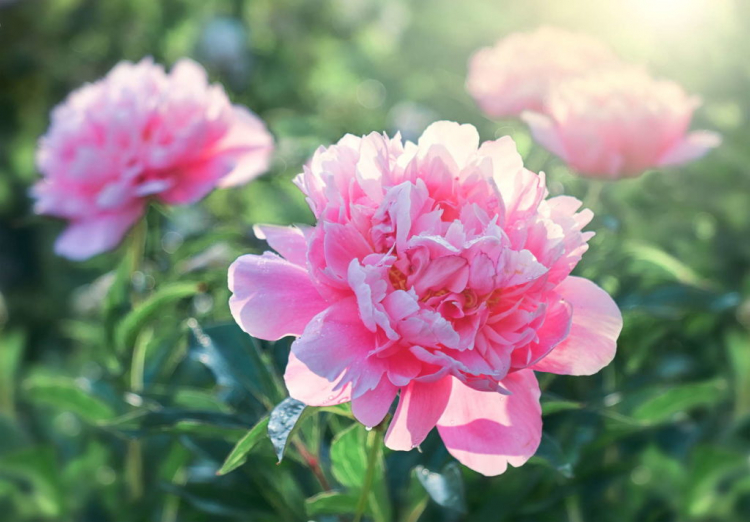
Propagate shrub peony by cuttings
This procedure can only be used for bush peonies. Here, young, woody shoots are cut off at the base. The length of these shoots should be between 10 and 15 cm. This cuttings wood is now put in a pot with moist potting soil about 3 cm deep. Use a suitable substrate such as peat-free organic herb and seed compost to create optimal conditions for the young cuttings. If withered flower parts are still attached to the cuttings, they are removed next to the lower leaves so that only four to five leaves are left. If the potting soil is kept moist for a few weeks, the first roots will form.
Propagating peonies: sowing
Anyone can sow a peony, but the following tips should be heeded. If the seeds are from your own peonies, they are harvested as soon as the fruits have fully opened, i.e. from August to September depending on the variety.
The freshly harvested seeds are sown in rows on a well-prepared substrate and covered with 1 to 2 cm of soil. If possible, a propagation box should be preferred here, as this makes care easier and protects against animals. The seeds are then worked into the potting soil three times as deep as they are large.
The soil must be kept moist for the next 12 to 18 months until the seeds germinate to protect the swelling seeds from drying out. The reason for the long germination time is that peonies are cold germs, which need a cold phase (i.e. the winter) to overcome the sprout inhibition. After the young specimens have germinated, they are left in their location for another two years as their roots are still very tender.
In the case of a sowing box, the young plants are transplanted into a larger pot by pricking out. After this time, the young peonies can be planted in a similar substrate and with greater spacing in autumn. The first flowering of the new plants can be seen after six years with good care.
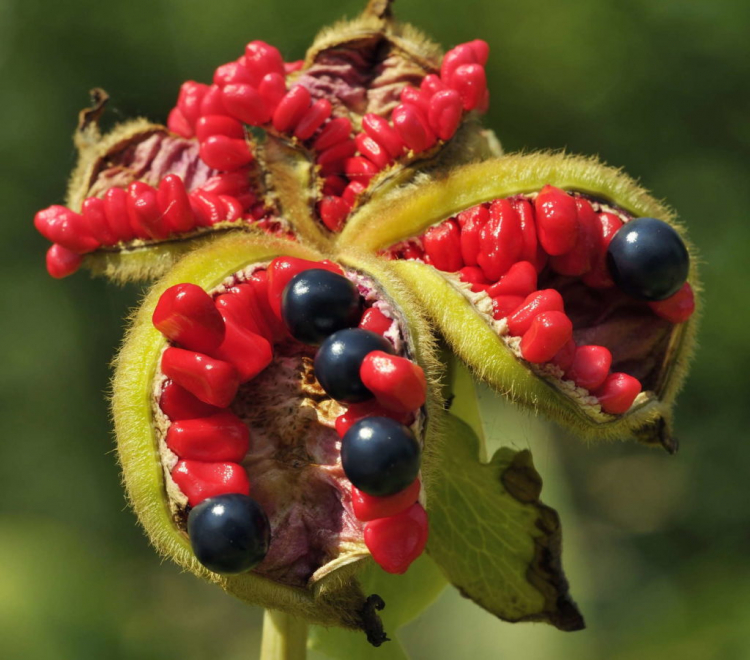
How to multiply peonies: division or sowing?
So which method of propagating peonies is the better? The division of the plant (vegetative reproduction) is easier and the result can be seen much earlier. Success is almost guaranteed as long as one has taken into account the different planting depths. The disadvantage, however, is that the large mother plant with its beautiful growth shape and size has to be sacrificed.
So if you are very attached to this one plant, its division should be carefully considered. When sowing, the properties of the mother plant are not necessarily passed on. The result in the form of the first flower is also a long time coming. However, at the end of this waiting period, the result can be a great surprise.
